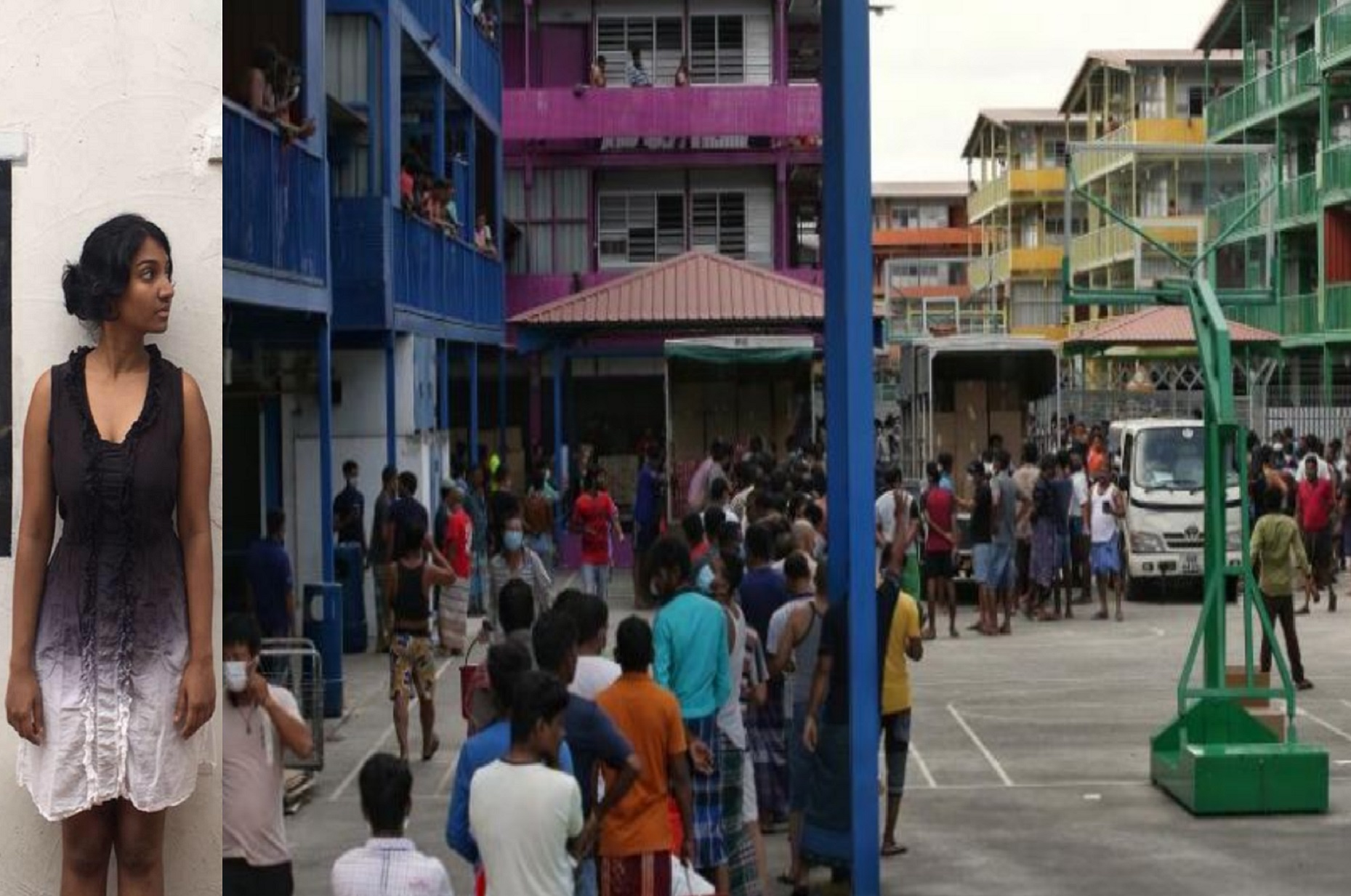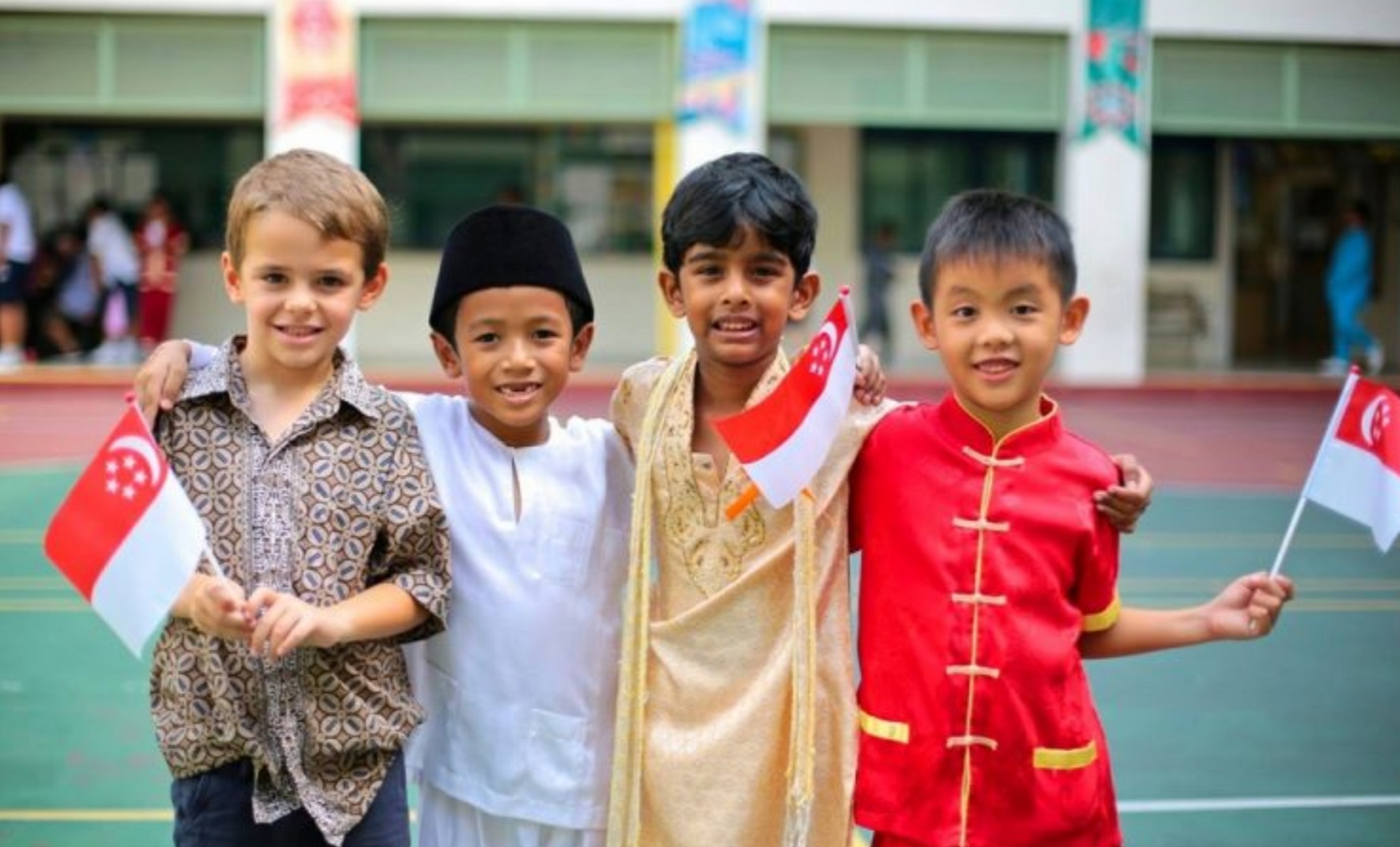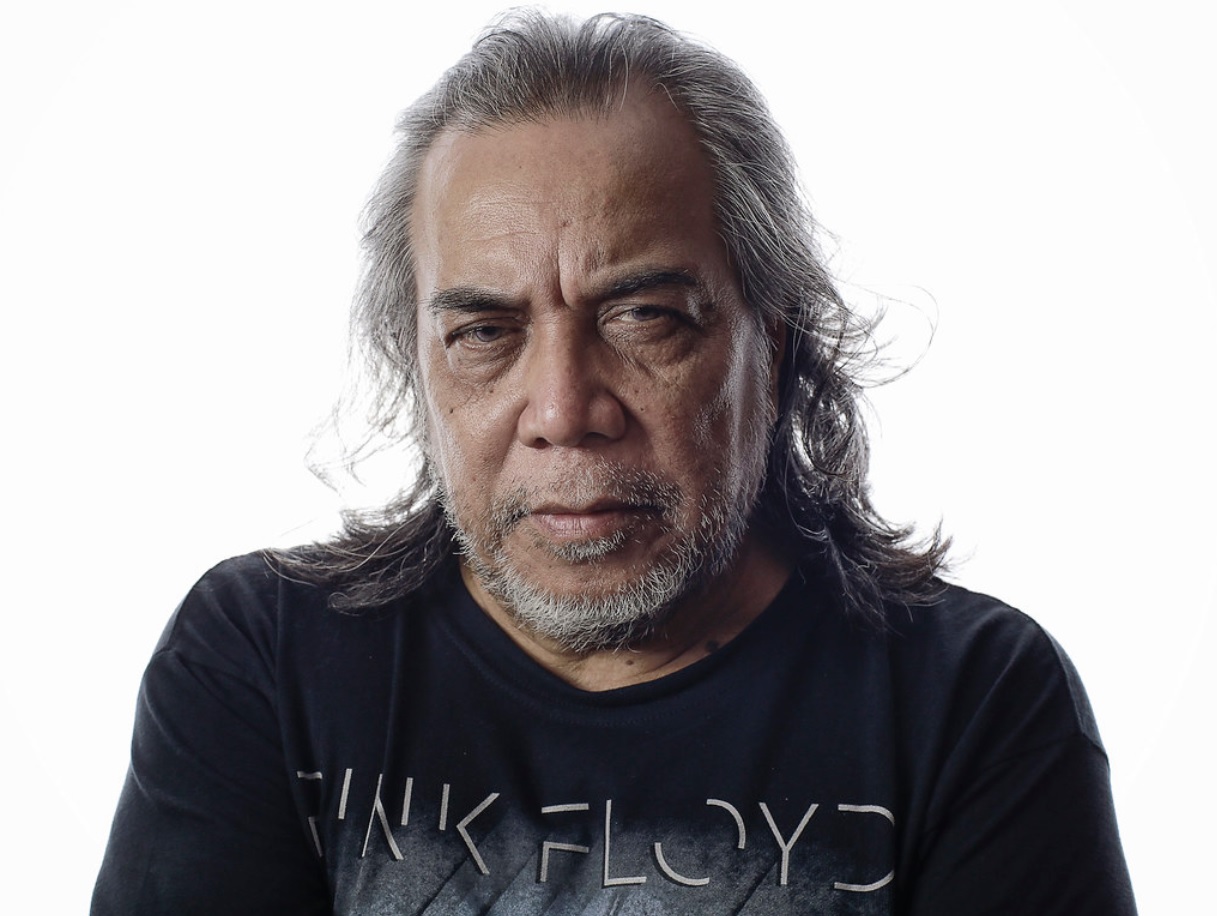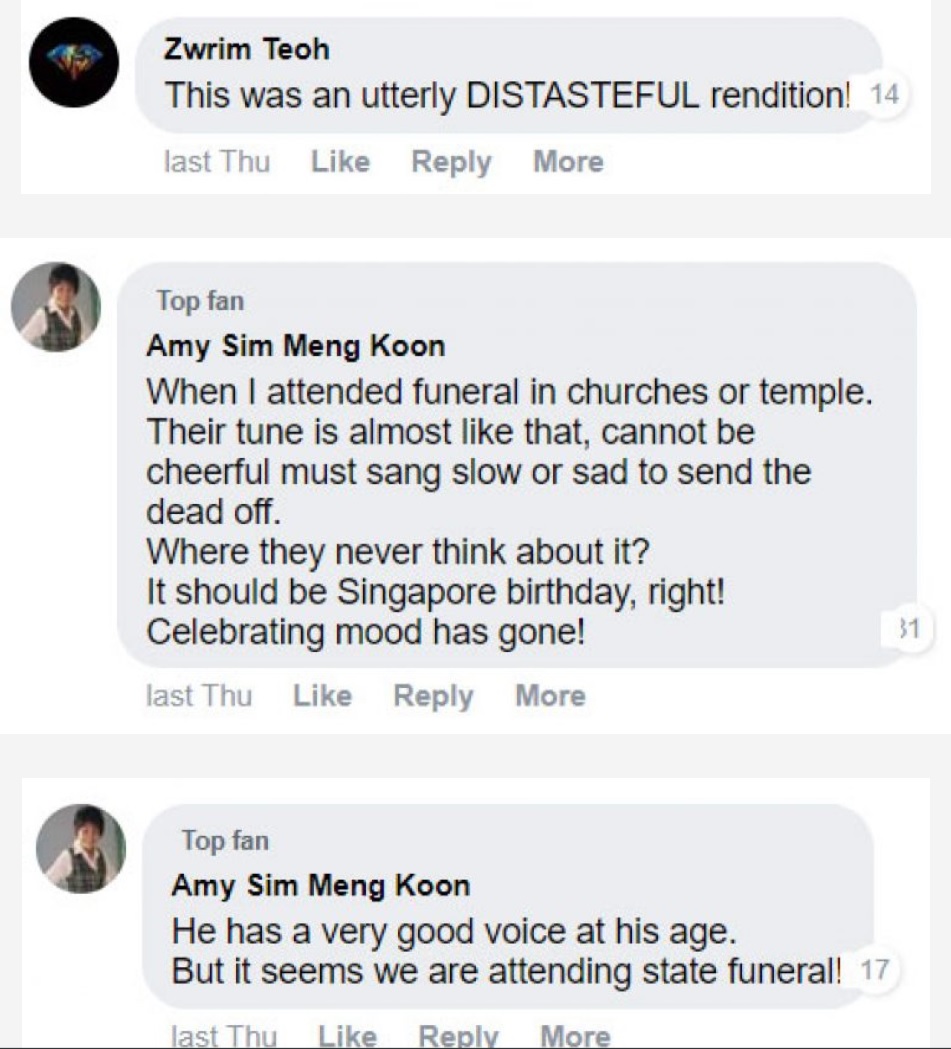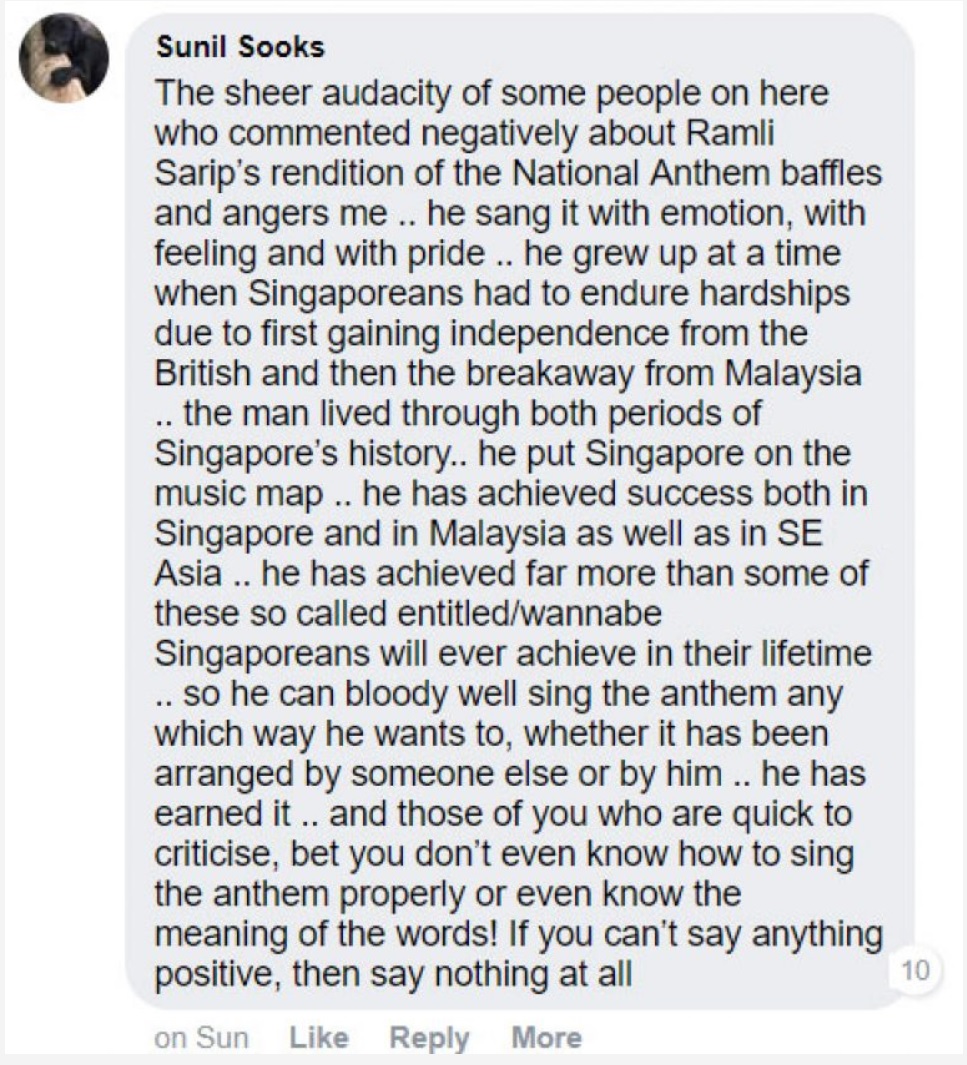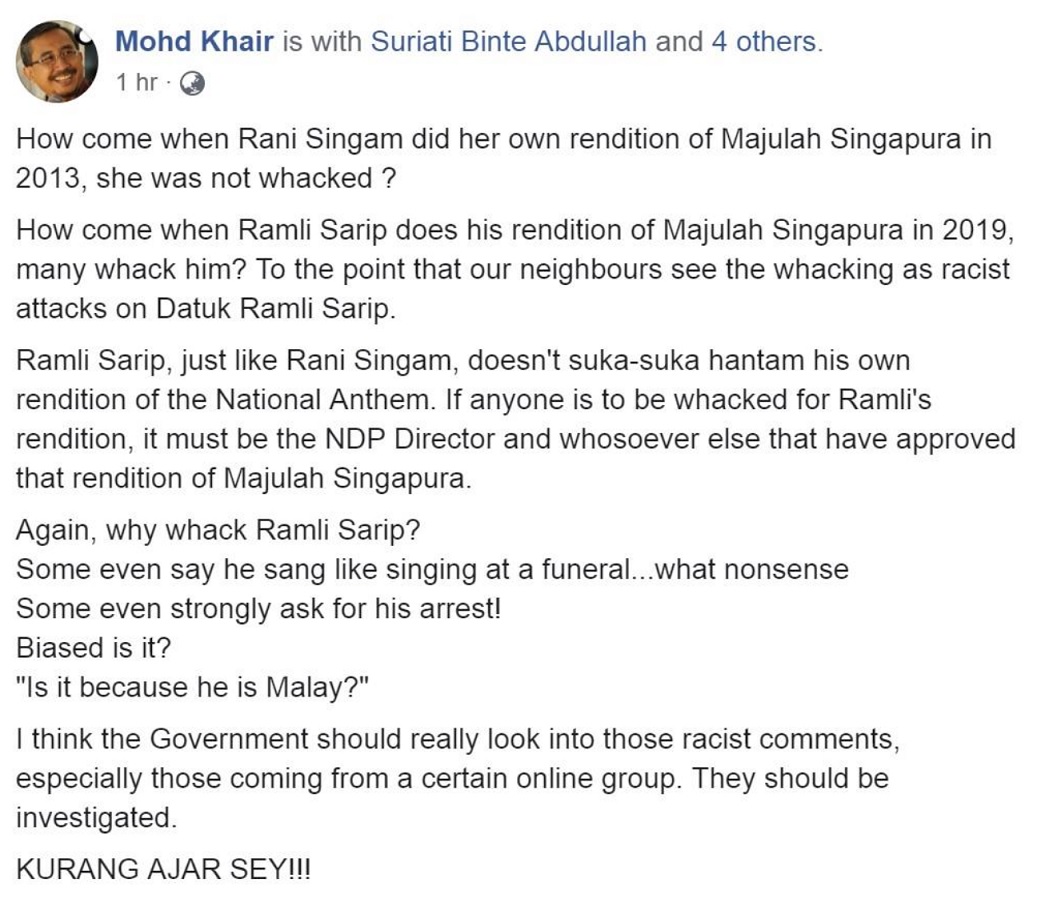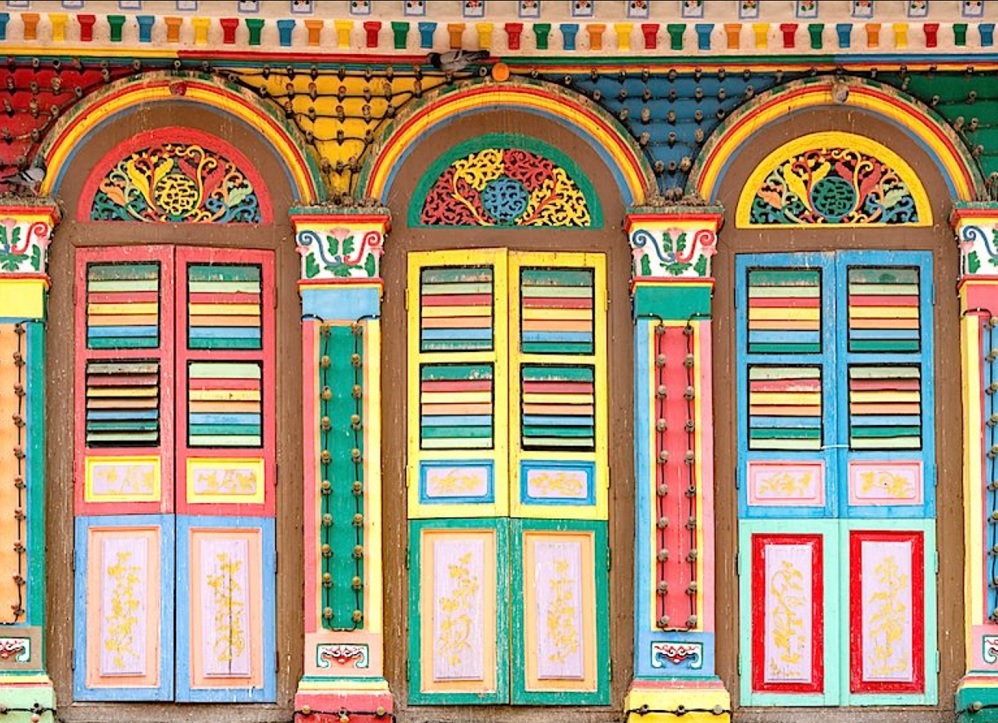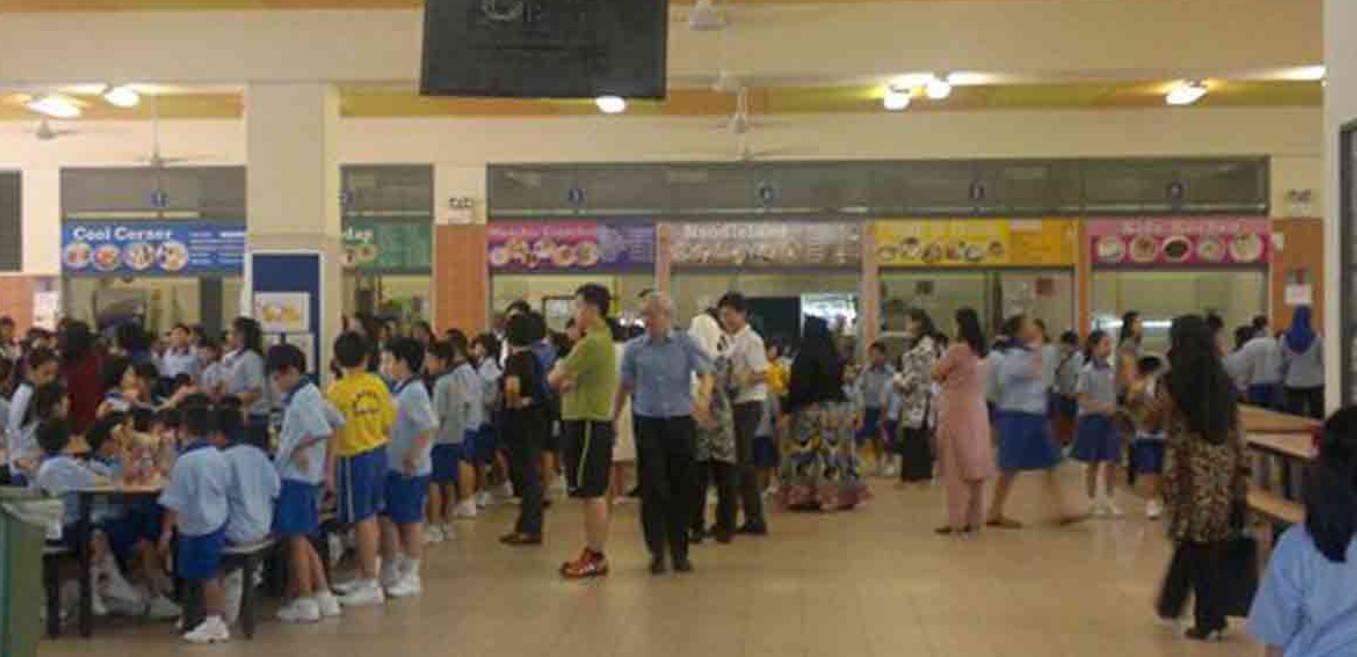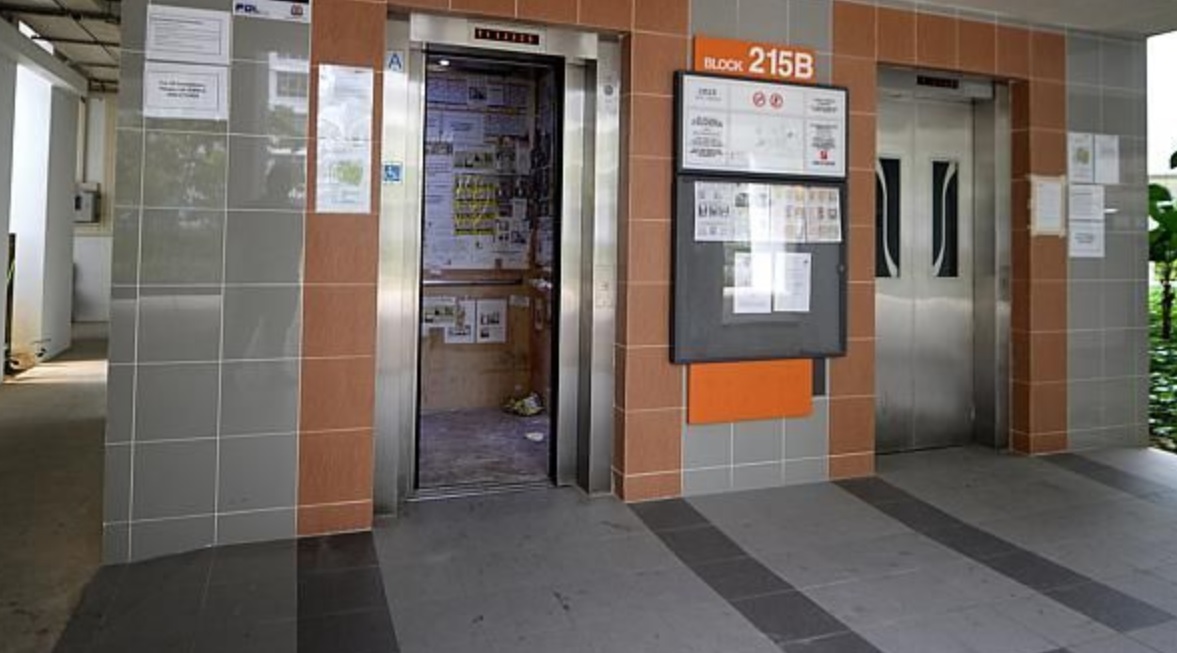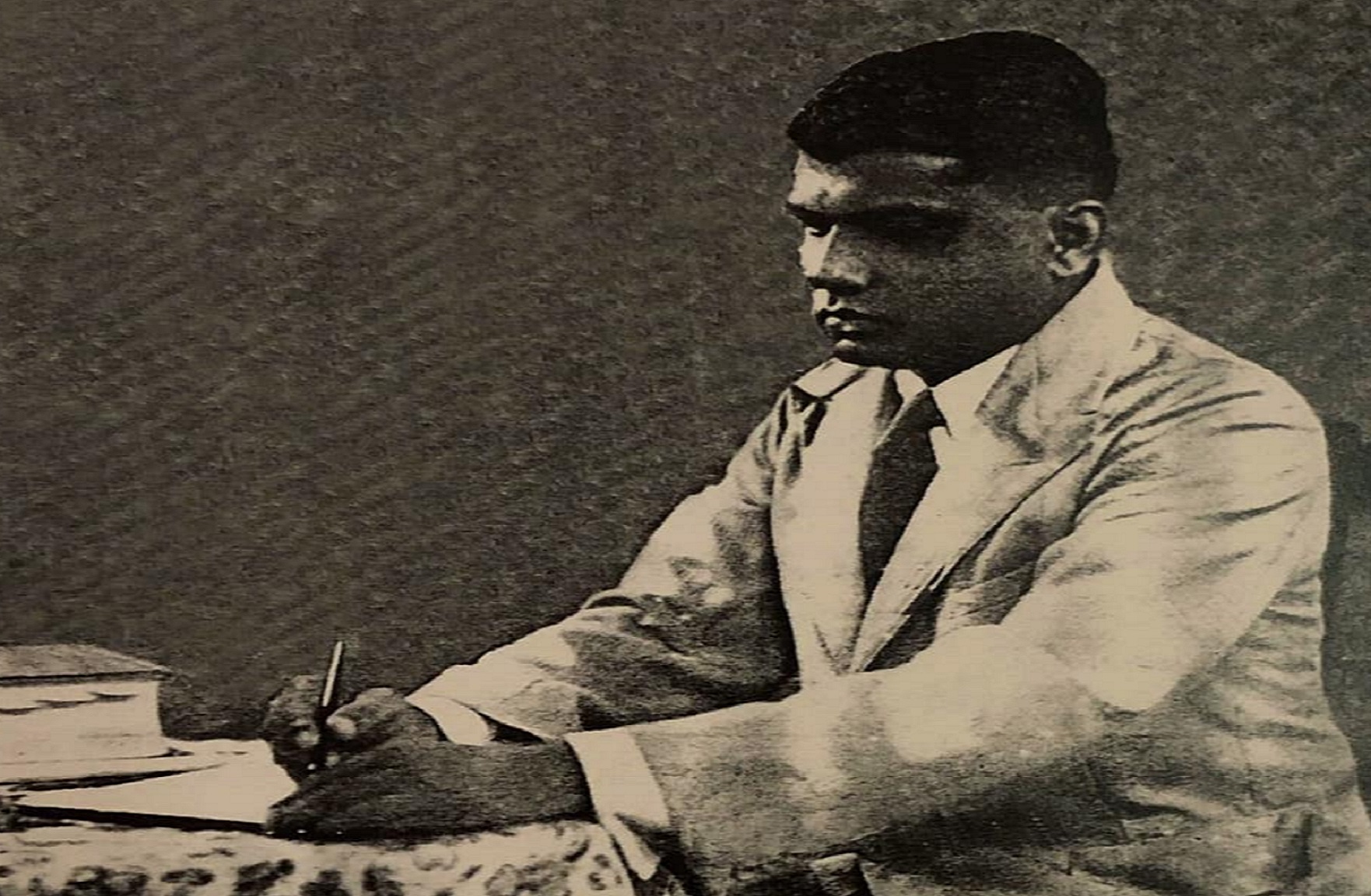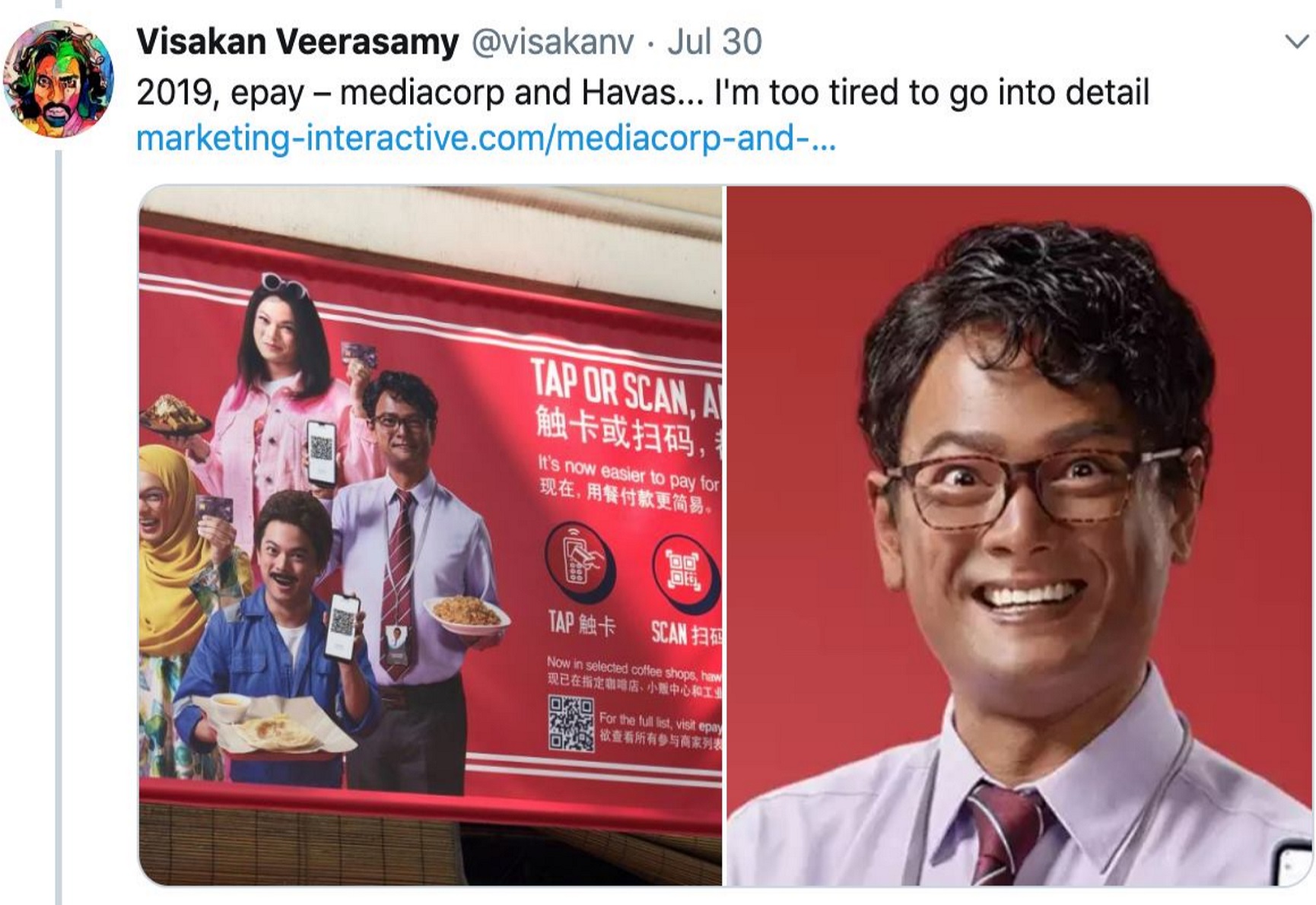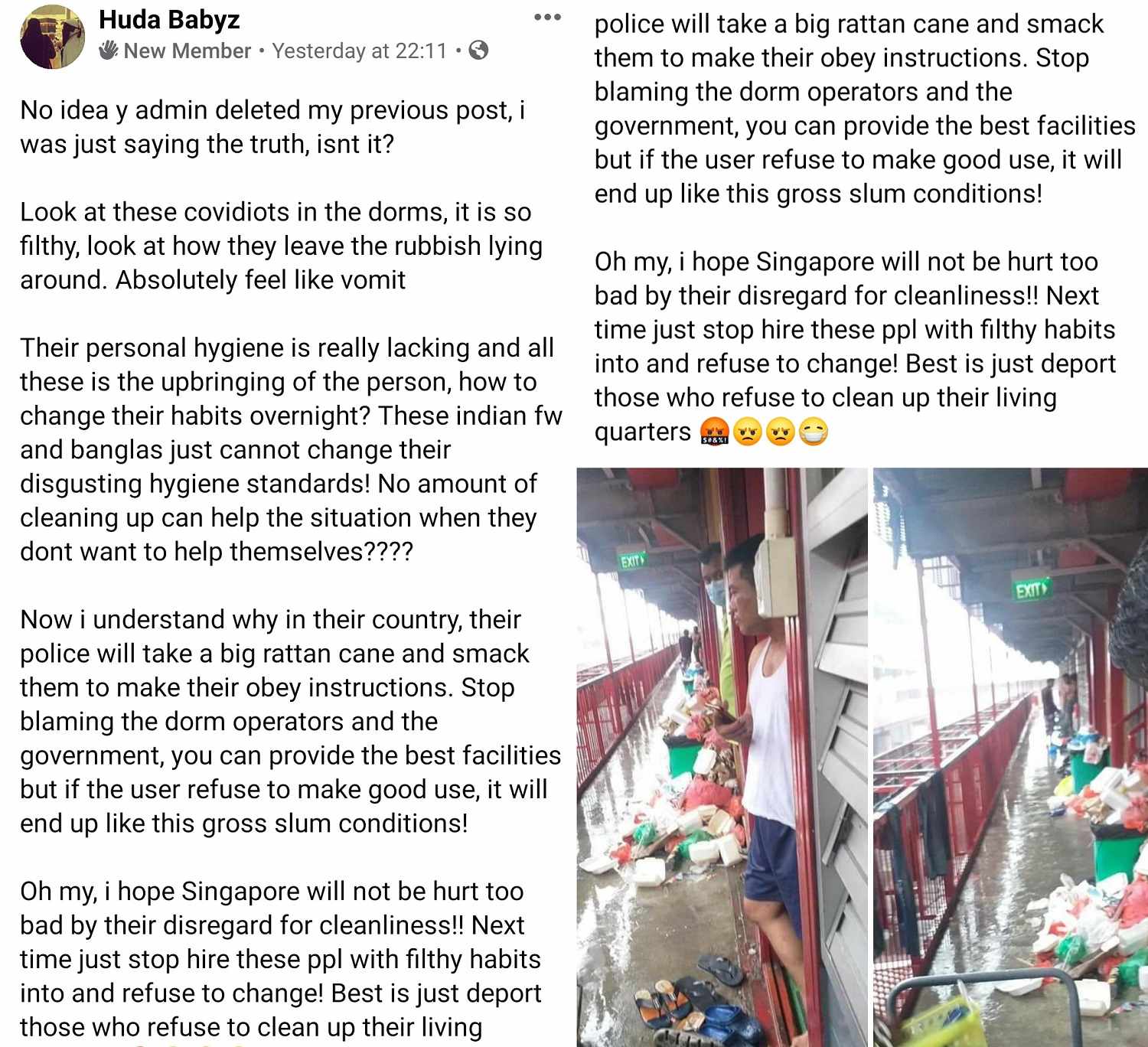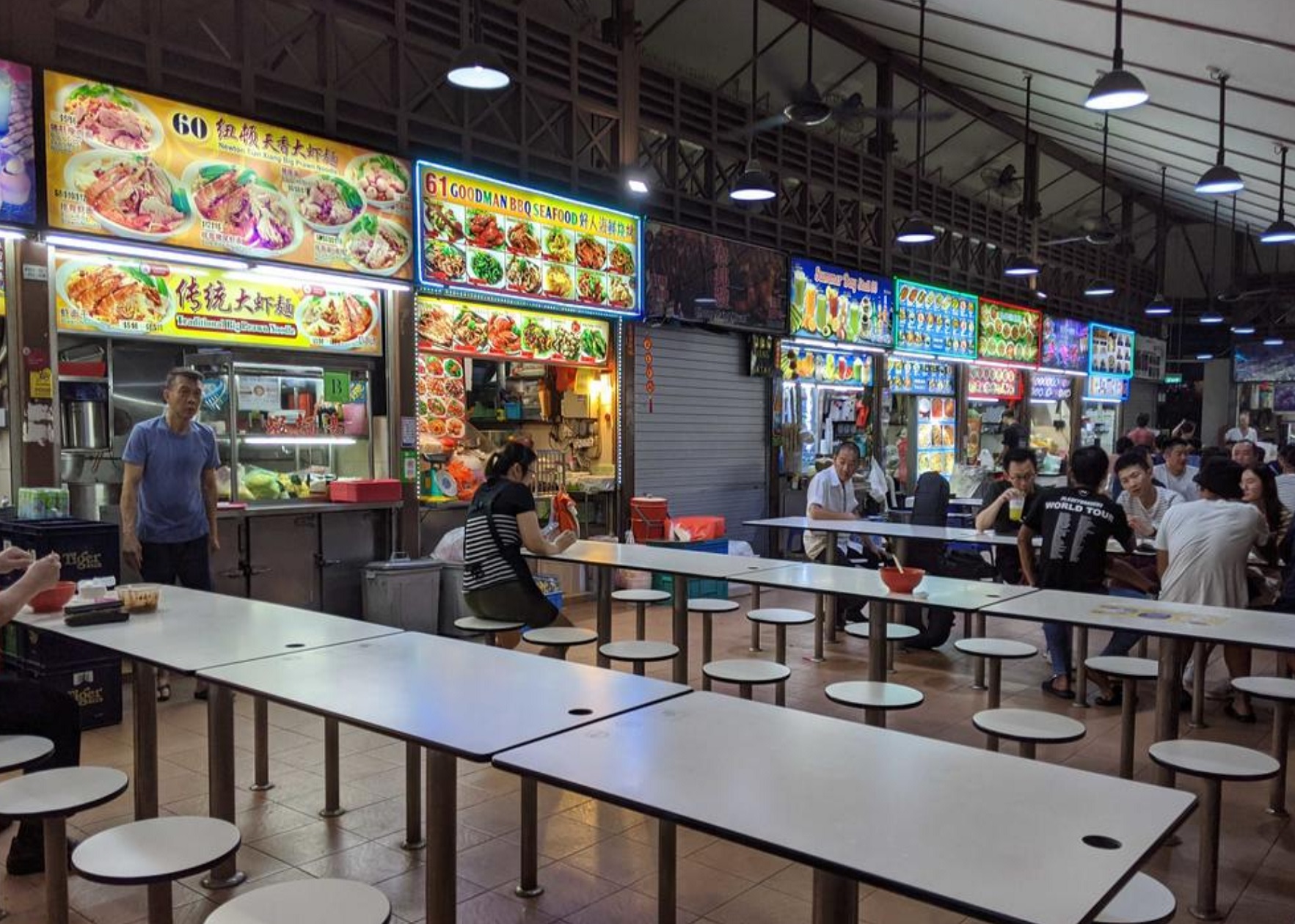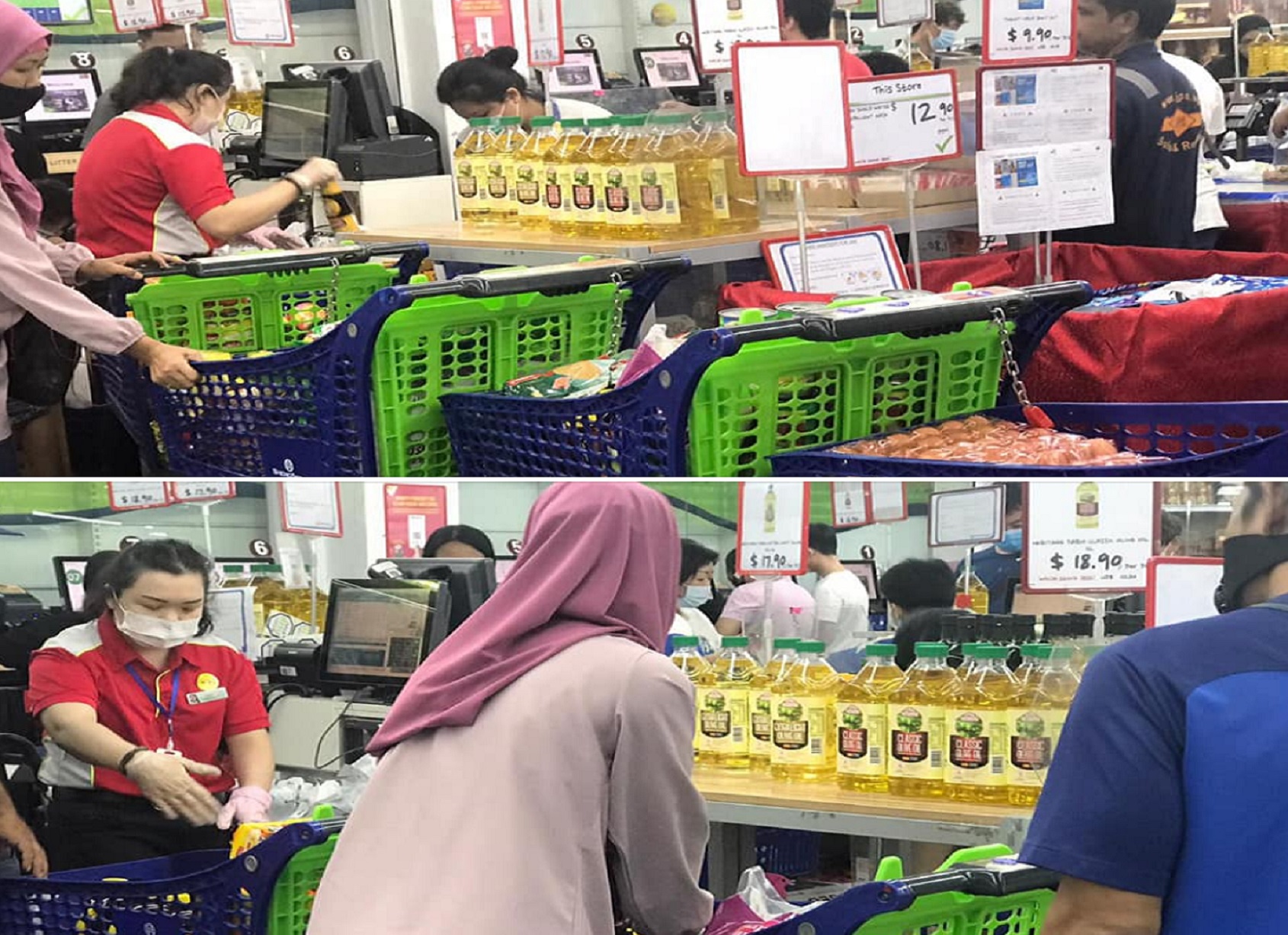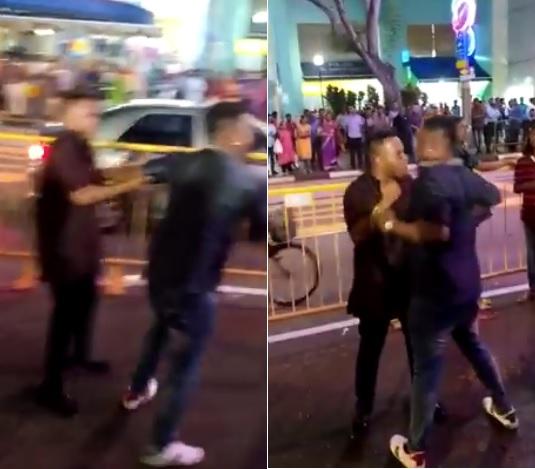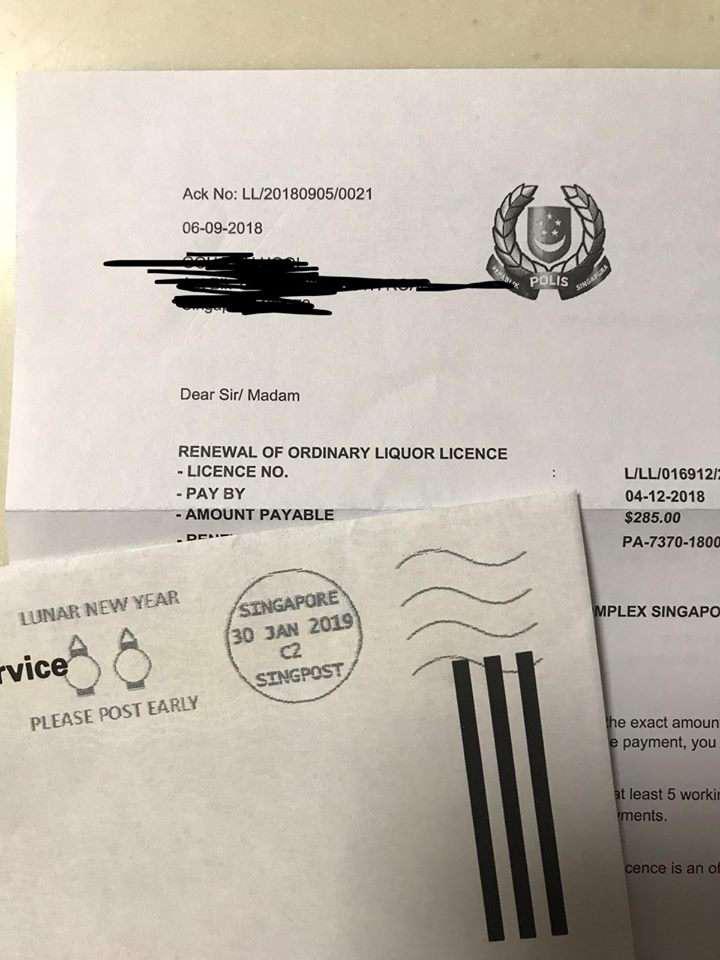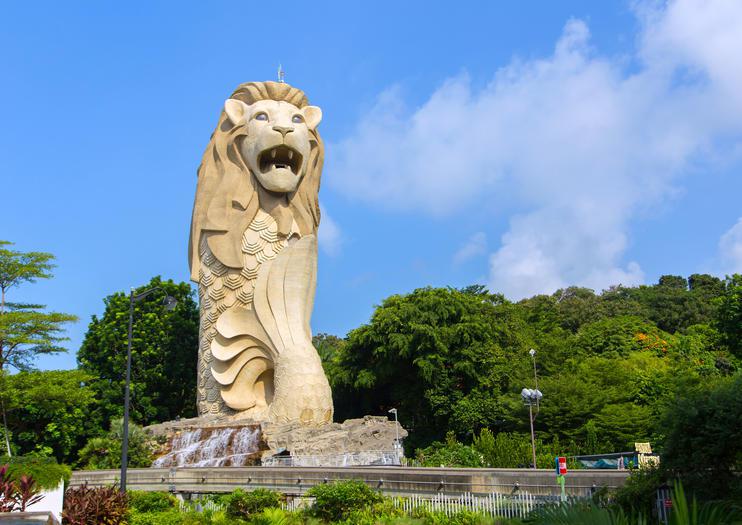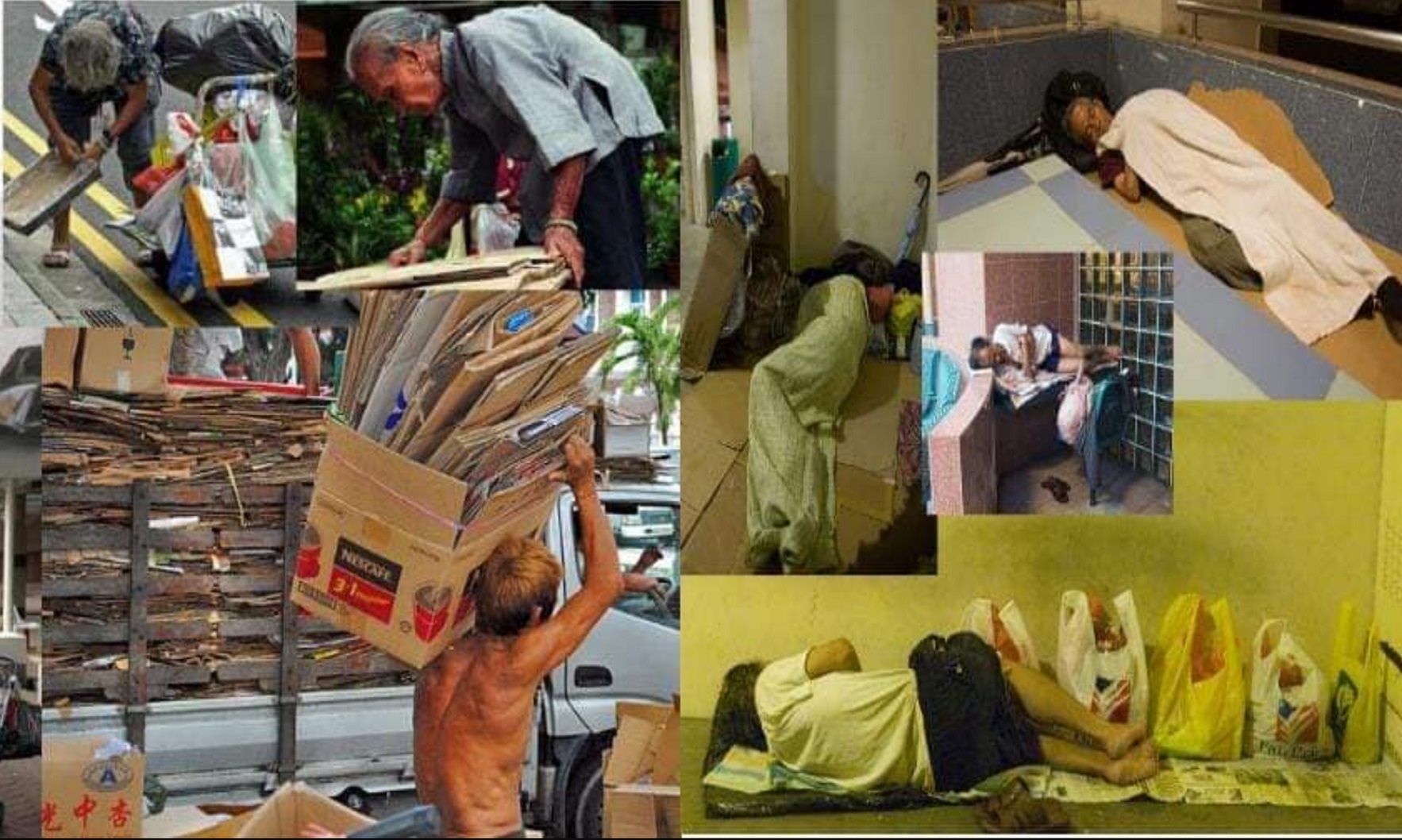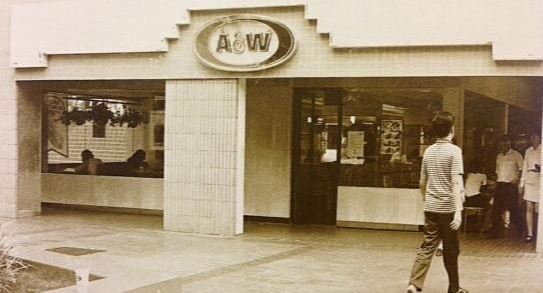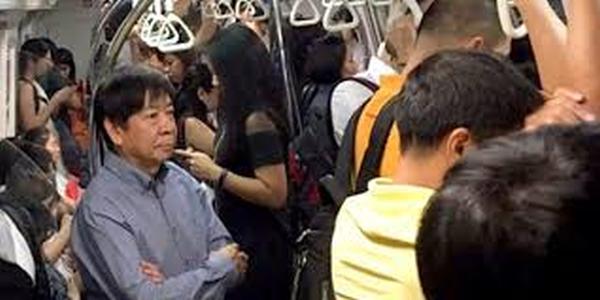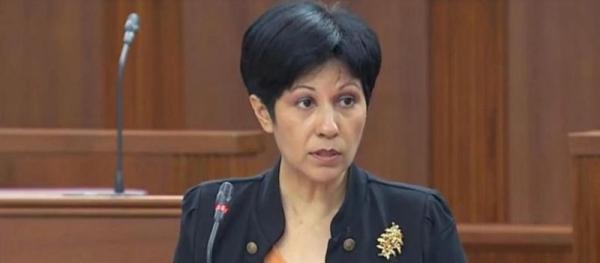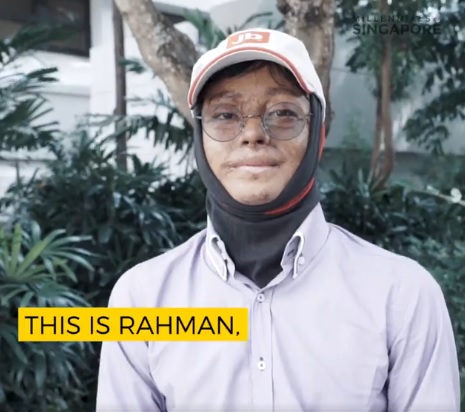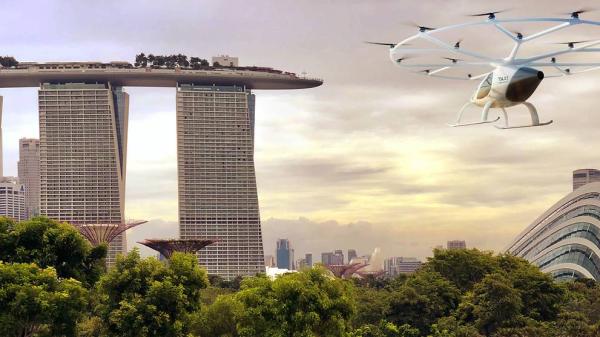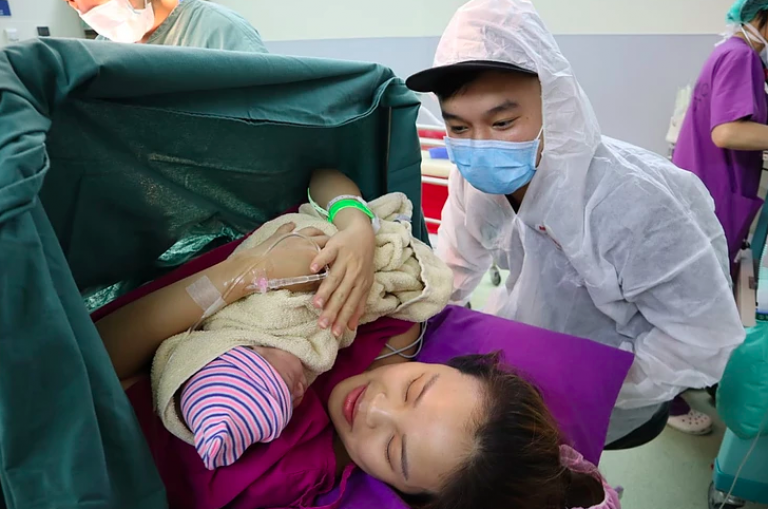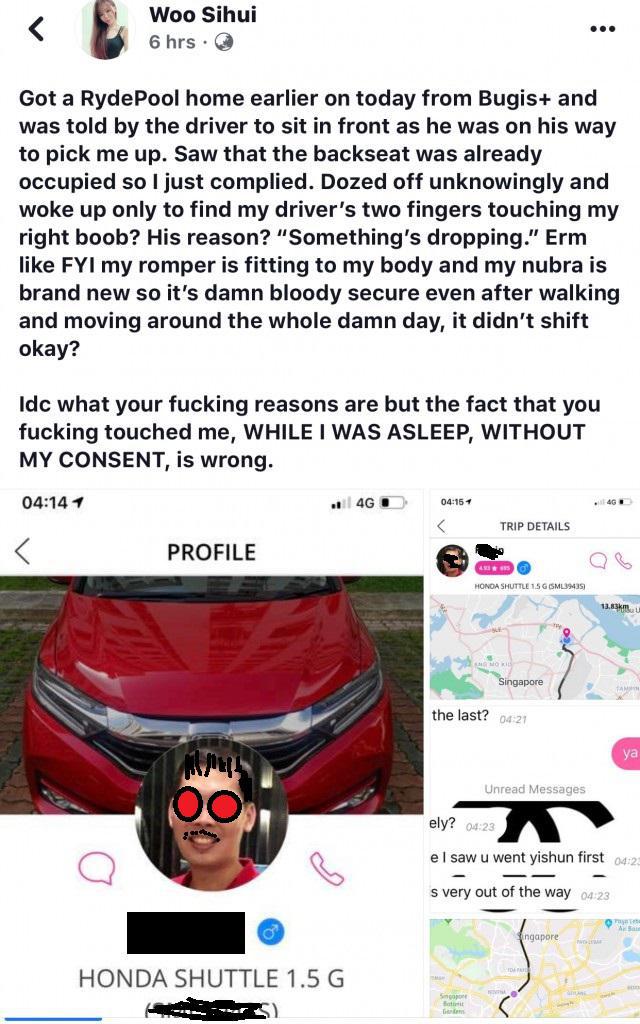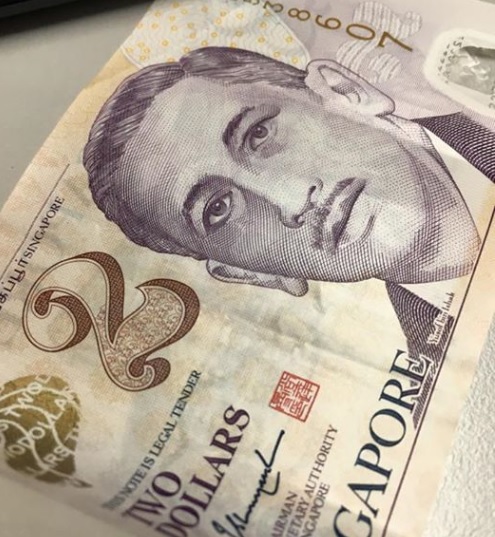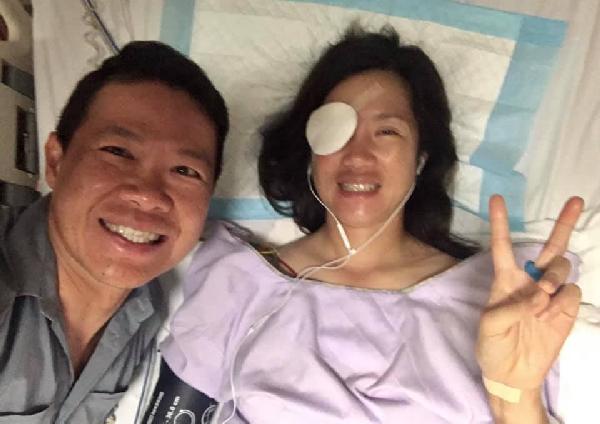Our Three Wishes For Singapore To Celebrate Its 54th Year Of Independence
There's a lot to hate about Singapore. Everything's expensive. Food, transport, schools, cars, and housing. Freaking expensive.
And then there are some social and political issues that are not ideal. The state of democracy here, the freedom of speech and the media are lacking, compared to some of the more developed democracies.
The recent brownface saga also shows how we are still beset by race and religious issues.
Yet, as we celebrate the nation's 54th year independence, it is perhaps a good time to pause, and reflect on where we are now. Some perspective will enable you to appreciate some of the more truly valuable things about Singapore.
The things that we love about our country.
The food is some of the best you can find in the world. The standard of education is highly developed. Racial harmony does manifest itself in truly beautiful ways, unlike in other countries where racial segregation exists, and racism is blatant. Not many countries have a public transport system that is developed.
There are a lot of things in Singapore to be grateful about.
Yet, we can't be contented.
We wish that in the near future, Singapore is not only a developed economy, but also one that is poiticially mature.
There needs to be more space for dicussions and responsible debates by people from various points of the political spectrum. They need platforms where their voices and ideas can be heard, and contested.
We wish Singapore to possess a political culture that is not only accepting, but also welcoming of a diversity of opinions.
We also wish for a more inclusive Singapore. Slowly but surely, those living in the margins of society are gaining more mainstream understanding and acceptance. The LGBTQ community, is one such example. They are still far away from being accepted as a "normal" part of our society. But the progress, compared to the pre-2000 era is considerable.
Apart from the LGBTQ community, we should also empower the less abled people in our society. A disability is not anything to be ashamed about. The government is already making structural changes to make Singapore more accessible, and disabled-friendly. These changes need to quicken. Our mindsets towards them also need to change.
Lastly, we wish for Singaporeans to be a more compassionate society. We contribute monetary donations a lot.
But beyond that, we are not kind enough to one another. Regardless of our political inclinations, our race, or religious beliefs, we need to respect one another more.
Yes, we are fierce competitors, but it is to our detriment if we look at our fellow Singaporeans as enemies, instead of as our fellow countrymen, who are human beings just like us.
Do you think these wishes will be attained? What are your three wishes for Singapore?
